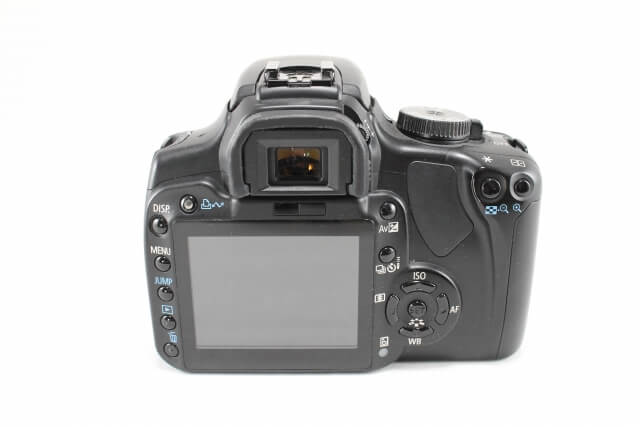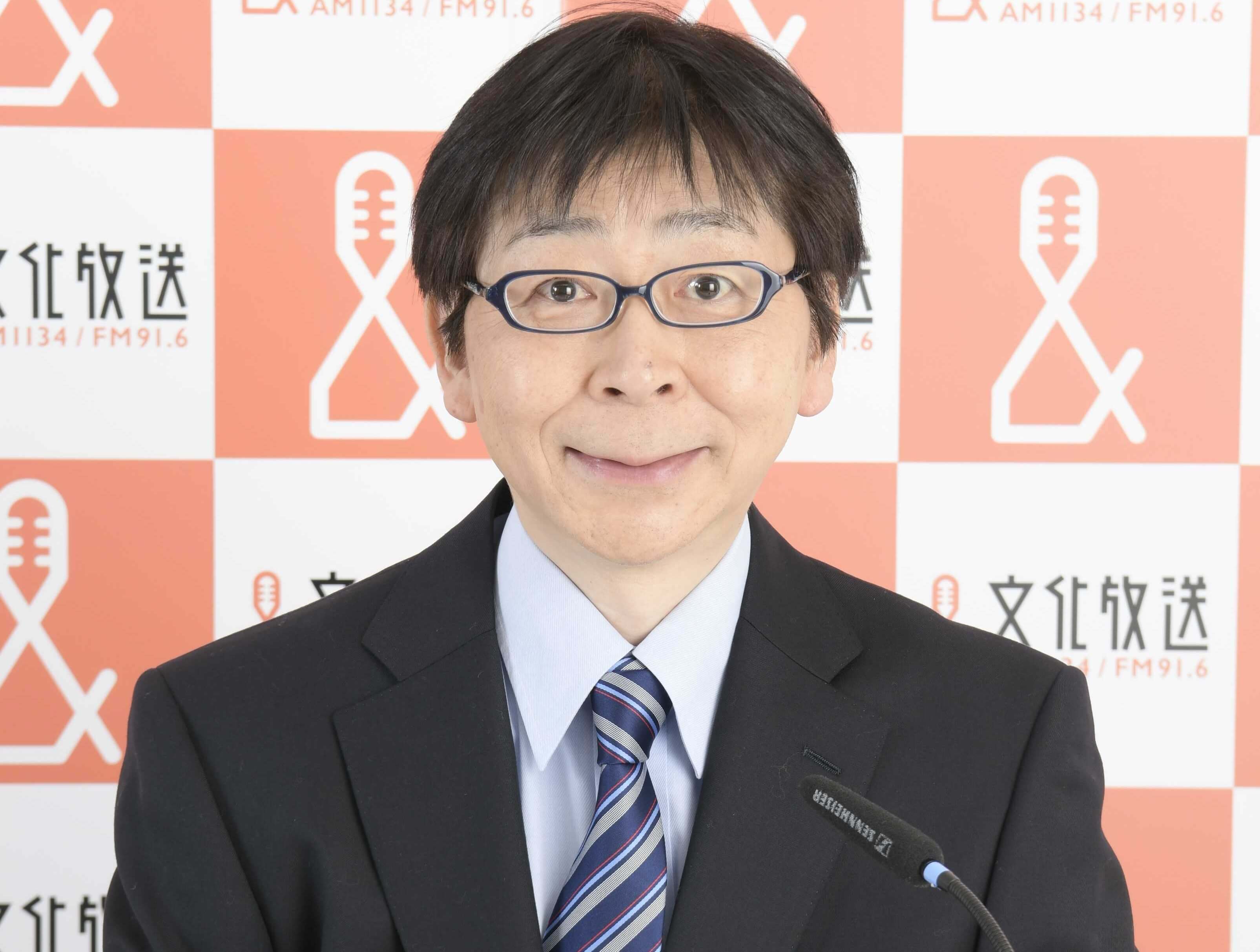Photographer Kishin Shinoyama dies, sparking a hair nude boom in Japan, and people are surprised by the full-page newspaper advertisement | Nippon Cultural Broadcasting Corporation

On January 5th's “Good Morning Tera-chan'' (Credit Agricole Securities), Friday commentator Takuji Aida, Chief Economist of Credit Agricole Securities, and announcer Naomasa Terashima mourned the death of Kishin Shinoyama.
I am a top runner of Japanese photographers.
It was announced yesterday that Kishin Shinoyama, a photographer who has been at the forefront since the 1960s, passed away at a hospital in Tokyo. He was 83 years old. His condition suddenly deteriorated and he was rushed to a hospital in Tokyo, where he died. The cause of his death has not been revealed, but he reportedly had a chronic illness and had been in poor health since the end of last year. Kishin Shinoyama lifted the ban on hair nudity, which had previously been considered forbidden in Japan, in his 1991 photo book “Water Fruit'' of Kanako Higuchi. Also, this year's “Santa Fe'' became a hot topic due to the full nudity of Rie Miyazawa, who was at the peak of her popularity at the age of 18, and took Japan by storm, selling 1.55 million copies.
Announcer Terashima: “He was said to be a photographer who truly broke the barrier between art and eroticism.My image of him is that of a camera boy.It is no exaggeration to say that Mr. Shinoyama is a top runner among Japanese photographers. Things.”
Aida: “I think this full-nude photo book came out when I was in high school, and I was really surprised to see a full-page advertisement for it in a general newspaper.”
Terashima: “That's right. Mr. Shinoyama answered this in an interview four years ago. He positioned the digitalization that occurred in the Heisei era as a great revolution in the history of photography, and said, “You can see it the moment you take a picture and send it to the world. The people who do this are either hobbyists or artists (lol).I'm going to do a lot of work, so when the era becomes digital, it will be digital.In the era, you have to take pictures with the camera of that era. ”, and this is also a way of thinking that is typical of pioneers. ”
Aida: “I have the impression that he was a person who was in tune with the times, not only with his camera but also with the subjects he photographed.”
“Good Morning Tera-chan” is broadcast on Nippon Cultural Broadcasting (AM1134kHz, FM91.6MHz, radiko) from 5am to 8am on weekdays. With radiko's time-free feature, you can listen up to one week later.
open with
*Time Free is a one-week limited content.
*You must become a premium member to listen to broadcasts from other areas.









